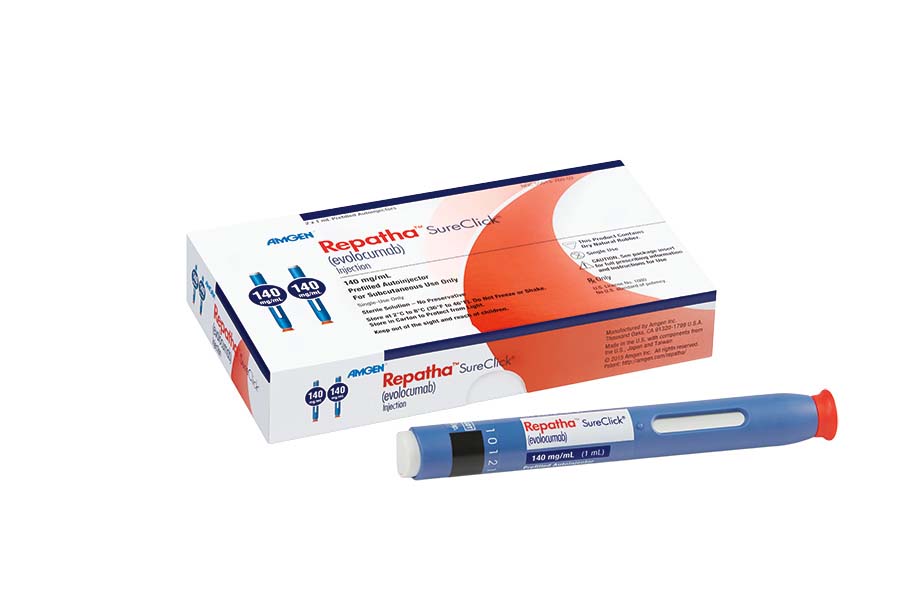Amgen's Repatha cardio data fails to impress

Amgen still hopes new cardiovascular data will solve a problem facing cholesterol drug, Repatha – in almost eight out of ten cases US insurers and Medicare initially refuse to prescribe the drug.
One major barrier is its high cost - it has a US list price of $14,000 a year per patient. Amgen released data to coincide with the American College of Cardiology conference, but the data will be enough to boost sales.
But data released on Friday showing its ability to prevent heart attacks and strokes proved to be underwhelming. There was strong data to show it reduced cardiovascular events, but there was no observed effect on cardiovascular mortality – a revelation that sent Amgen’s shares down more than 6%.
https://twitter.com/MaxJacobsEdison/status/842733345339523076
Repatha was approved by the FDA based on early data in patients with atherosclerotic cardiovascular disease and inherited high cholesterol, on the basis of a study showing a reduction in low-density lipoprotein (LDL) “bad” cholesterol.
But back in 2015 there was no data to show the drug actually reduced cardiovascular events, and the data from the FOURIER study, involving more than 27,000 patients, resolves this issue.
It establishes that maximally reducing LDL-C levels with Repatha, beyond what is possible with the current best therapy alone, further reduces major cardiovascular events, including heart attacks, strokes and coronary revascularisations.
When added to statin therapy, Repatha produced a statistically significant 20% reduction in major adverse cardiovascular events – a composite of first heart attack, stroke or cardiovascular death.
Benefits continued to accrue through the median 2.2 years of the study and the risk reduction grew over time, from 16% in the first year to 25% beyond the first year.
There was also a statistically significant reduction in an extended secondary endpoint including hospitalisation for unstable angina, coronary revascularisation, heart attack, stroke or cardiovascular death.
But investors were disappointed by the lack of overall benefit in reducing cardiovascular mortality. This will make it harder for Amgen to persuade US payers to pay for the drug - as it costs a hefty $
Researchers evaluating 45,029 new PSCK9 inhibitor prescription claims found 79.2% were first rejected by commercial and Medicare plans, and of those 52.8% were finally rejected.
They found 34.7% of prescriptions were abandoned by the patients. Of prescriptions submitted to insurers, 71.2% were rejected, and government payers rejected 40% of claims.
Amgen says it is committed to providing personalised support services to patients and providers in the US, through a programme of services including a Repatha co-pay card for eligible commercial patients, insurance coverage support and injection training.
According to some reports, Amgen may go even further and is considering options, such as offering a refund for any patient that has a heart attack.
Amgen earlier this year convinced a judge that Sanofi's rival Praluent should be kicked off the market for infringing its patents on Repatha, although this decision has been temporarily blocked.













